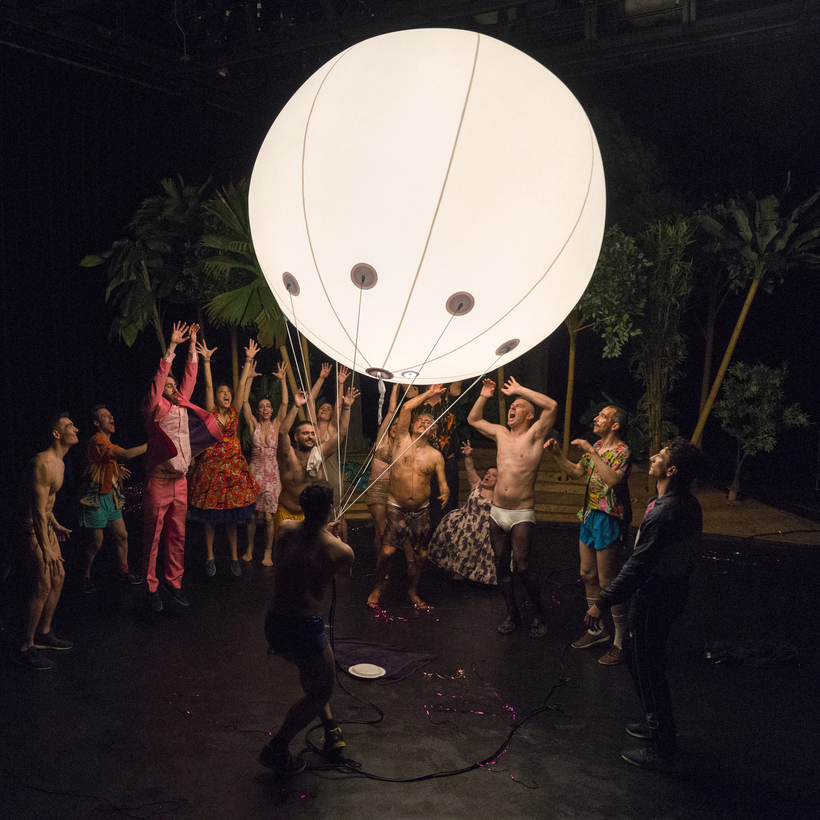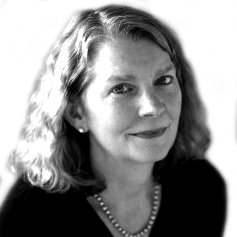A translation of an ancient Greek farce. A public library in Idaho under siege by a teenage eco-terrorist. A spaceship speeding across the galaxy in search of a livable planet. The latest from Pulitzer Prize winner Anthony Doerr (All the Light We Cannot See) is a tour de force of a novel spanning centuries, geographies, and genres, at once recalling Jorge Luis Borges, Umberto Eco, and Ursula K. Le Guin.
The 600-plus-page Cloud Cuckoo Land, composed of a series of highly consumable short chapters, is a mega-mash-up weaving a vastly intricate web across space and time to reveal the interconnectedness of all things. It’s a literary salon to which all manner of storytellers and readers are invited.
If you have a penchant for historical fiction, you will be deeply gratified by the story of Anna, one of the book’s protagonists. After learning to read on the sly, Anna, an orphan in a convent in 15th-century Constantinople, steals an old book written on decaying parchment from an abandoned monastery in Thessaly. She hopes to sell it to a count whose renowned ambition is to erect “a library to surpass the pope’s … a library to contain every text ever written, a library to last until the end of time.”
The Ottoman invasion gets in the way of her transaction, and while fleeing the city Anna meets Omeir, a boy with a cleft palate who is believed to be possessed by the Devil. Omeir will help Anna protect the codex and, eventually, becomes her husband. Throughout the course of their lives, the manuscript will take on mystical, magical healing powers for Anna and her family. But as she once learned from a scribe, books, like everything else in our world, are impermanent: “Day after day, year after year … time wipes the old books from the world,” Doerr writes.
If you adore, as I do, myths, fables, translations, books about books, and metafiction, then you will relish the contents of Anna’s manuscript, a collection of fragments by the Greek writer Antonius Diogenes entitled, yes, Cloud Cuckoo Land (a reference to a Utopian world mentioned in Aristophanes’s The Birds).
The story follows the trials, tribulations, and transformations of Aethon, a “dimwit” shepherd from Arkadia doomed to become a donkey, a sea bass, and a crow at various stages of his journey to find Cloud Cuckoo Land, the magical city in the sky. Aethon declares at the beginning of his story that “the tale I have to tell is so ludicrous, so incredible, that you’ll never believe a word of it—and yet, it’s true.”
A tour de force of a novel spanning centuries, geographies, and genres, at once recalling Jorge Luis Borges, Umberto Eco, and Ursula K. Le Guin.
If your thing is more realism and contemporary fiction, which nowadays tends to incorporate climate fiction (cli-fi), then the stories of a second set of protagonists, Zeno Ninis and Seymour, and their fatal encounter at the Lakeport Public Library in Idaho on February 20, 2020, will hit the spot.
Zeno Ninis, an 86-year-old veteran who was taken prisoner during the Korean War, learned ancient Greek from a fellow inmate, a British classicist. Eventually, Zeno undertakes the translation of Diogenes’s fragmentary tale, working on it at the Lakeport library. The librarian convinces him to stage a version of the ancient satire using local students as actors.
Seymour, a Lakeport student with an affinity for animals and nature, meanwhile, is horrified by what he sees happening to his local environment and decides to take matters into his own hands by blowing up the library.
Or, perhaps, you have a predilection for sci-fi. Well, then, you will be intrigued by the fate of another Cloud Cuckoo Land protagonist, Konstance, a 22nd-century teenager, enclosed in a vault on the spaceship Argos, ostensibly for her own protection until a planet safe for human life can be found. While speeding across the universe, Konstance spends a great deal of time in the spaceship’s extensive virtual-reality library, where she comes across Zeno Ninis’s translation of Diogenes’s tale and decides to transcribe the book herself onto whatever scraps of paper she can find in her capsule.
Her only companion is a talking computer named Sybil (a descendent, no doubt, of HAL), who is not particularly happy that, through the act of transcribing, Konstance is learning critical thinking and emotional intelligence, skills that will allow her to escape her nightmare situation on the spaceship.
Doerr’s comprehensive project in Cloud Cuckoo Land is to create a transcendent space for his readers. It is a space that is nowhere and everywhere, that contains all meaning and no meaning, that is firmly rooted in linguistic systems and rejects them entirely. It is a space that has no past, present, or future but contains all of time. It is a space of an infinity of texts where the written word is incomprehensible. It is a ludicrous, incredible, unbelievable space existing somewhere between languages that seems impossible but is, as Aethon declared, true.
As one character in the novel says, “From the very start, we’re doomed to fail. But in the attempt … in trying to drag something across the river from the murk of history into our time, into our language: that was … the best kind of fool’s errand.”
Jenny McPhee is a writer and translator and the director of the Center for Applied Liberal Arts at New York University’s School of Professional Studies


